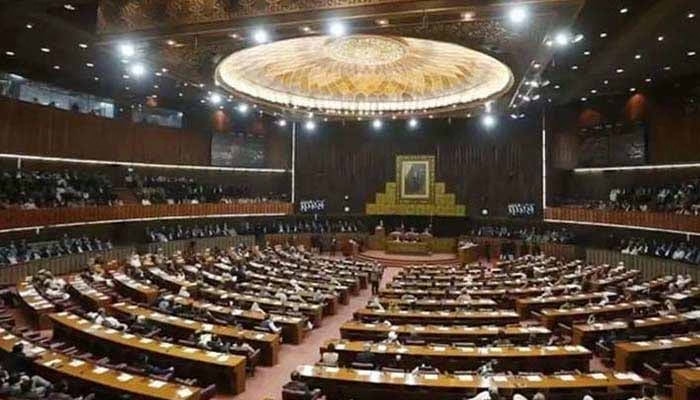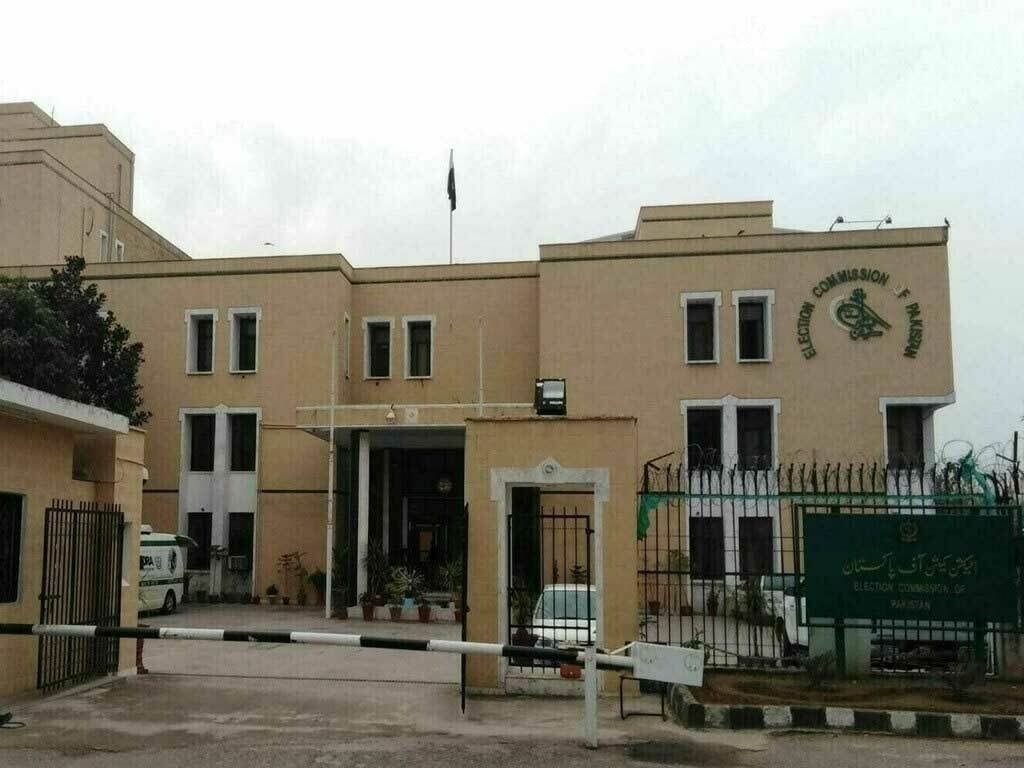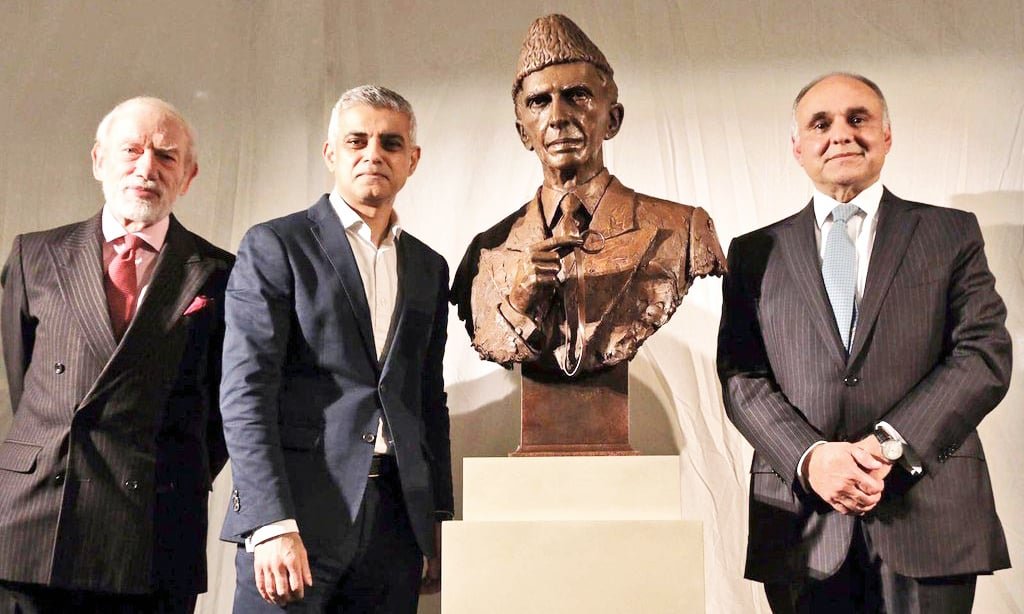A major step toward resolving the long-debated issue of madrassa reform in Pakistan is on the horizon, as a consensus bill is set to be presented during a joint session of Parliament tomorrow. This significant development aims to address concerns regarding the registration and regulation of religious schools while maintaining harmony among diverse stakeholders.
A Smooth Path to Resolution
Senator Irfan Siddiqui expressed optimism about the progress, stating that the matter is moving towards a solution in a “very smooth manner.” He emphasized that the government is actively engaging with key figures, including Maulana Fazlur Rehman, and religious scholars representing alternative perspectives. This inclusive approach reflects the government’s commitment to ensuring that all voices are heard in crafting a balanced policy for madrassa reform.
The Role of Religious Schools in Pakistan
Madrassas play a pivotal role in Pakistan’s educational and religious framework, providing education to millions of students, particularly in underprivileged areas. However, the lack of standardized registration and oversight has often been a point of contention. The proposed Religious Schools Registration Bill seeks to establish a regulatory framework to address these concerns while respecting the autonomy of religious institutions.
Key Stakeholders in the Dialogue
In a bid to foster consensus, prominent political and religious leaders are actively participating in discussions. Governor Sindh Kamran Tesori, along with MQM leaders Khalid Maqbool and Farooq Sattar, is scheduled to meet Maulana Fazlur Rehman tomorrow at 4 pm. This meeting is expected to cover a range of national and parliamentary issues, with a special focus on the Religious Schools Registration Bill.
Maulana Fazlur Rehman, a key figure in Pakistan’s religious and political landscape, has been instrumental in advocating for the rights of madrassas. His collaboration with government officials and opposition leaders highlights a collective effort to address this sensitive issue.
Balancing Regulation and Autonomy
One of the primary challenges in drafting the bill has been finding a balance between ensuring proper oversight of madrassas and respecting their religious and cultural significance. Critics of regulation often raise concerns about potential interference in religious practices, while proponents argue that a standardized system is necessary to prevent misuse and promote transparency.
The government’s inclusive approach, which involves consulting religious scholars and political leaders, aims to create a framework that is both effective and acceptable to all stakeholders.
The Importance of Madrassa Reform
Madrassa reform has long been a contentious topic in Pakistan, with debates often focusing on the need for modernizing curricula, ensuring financial transparency, and preventing the potential misuse of religious schools for extremist purposes. The proposed bill seeks to address these issues while safeguarding the integrity and purpose of religious education.
Key elements of the reform are expected to include:
- Registration Requirements: All madrassas would be required to register with a central authority to ensure accountability and oversight.
- Standardized Curricula: While preserving religious teachings, madrassas may be encouraged to include contemporary subjects such as science, mathematics, and social studies.
- Financial Transparency: Mechanisms to monitor funding sources and expenditures to prevent misuse.
- Teacher Training: Providing training opportunities to madrassa teachers to enhance the quality of education.
Political Collaboration: A Positive Step Forward
The involvement of diverse political parties and religious groups in shaping the bill is a promising development. Governor Kamran Tesori’s active participation, along with MQM leaders and Maulana Fazlur Rehman, reflects a collective commitment to addressing national challenges through dialogue and cooperation.
Senator Irfan Siddiqui’s assurance that the process is progressing smoothly underscores the importance of maintaining open communication and building trust among all parties involved.
Implications for Pakistan’s Educational Landscape
If passed, the Religious Schools Registration Bill could mark a significant turning point in Pakistan’s approach to religious education. By fostering transparency and inclusivity, the bill has the potential to enhance the credibility of madrassas and integrate them more effectively into the national education system.
Moreover, the reform could pave the way for improved opportunities for madrassa students, equipping them with skills that align with contemporary demands while preserving their religious foundation.
Looking Ahead
The presentation of the consensus bill in tomorrow’s joint session of Parliament is a crucial step toward addressing the longstanding issue of madrassa reform in Pakistan. With key stakeholders working together, there is hope that the proposed framework will promote accountability, inclusivity, and quality education while respecting the cultural and religious significance of madrassas.
As the nation awaits the outcome, this collaborative effort serves as a reminder of the importance of dialogue and mutual understanding in addressing sensitive issues that impact millions of lives.



